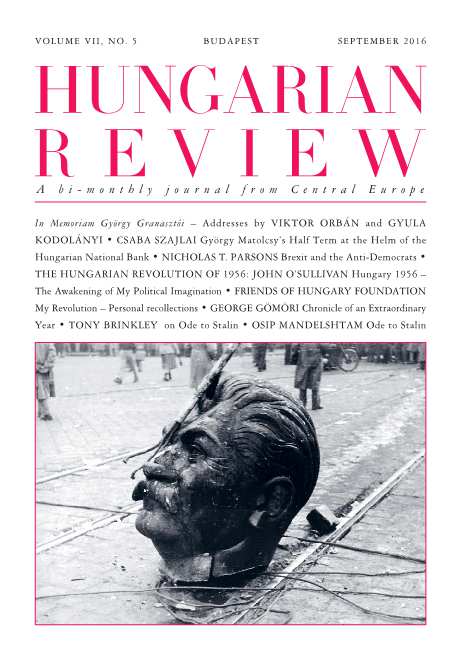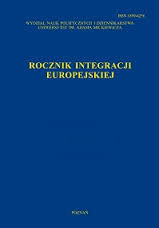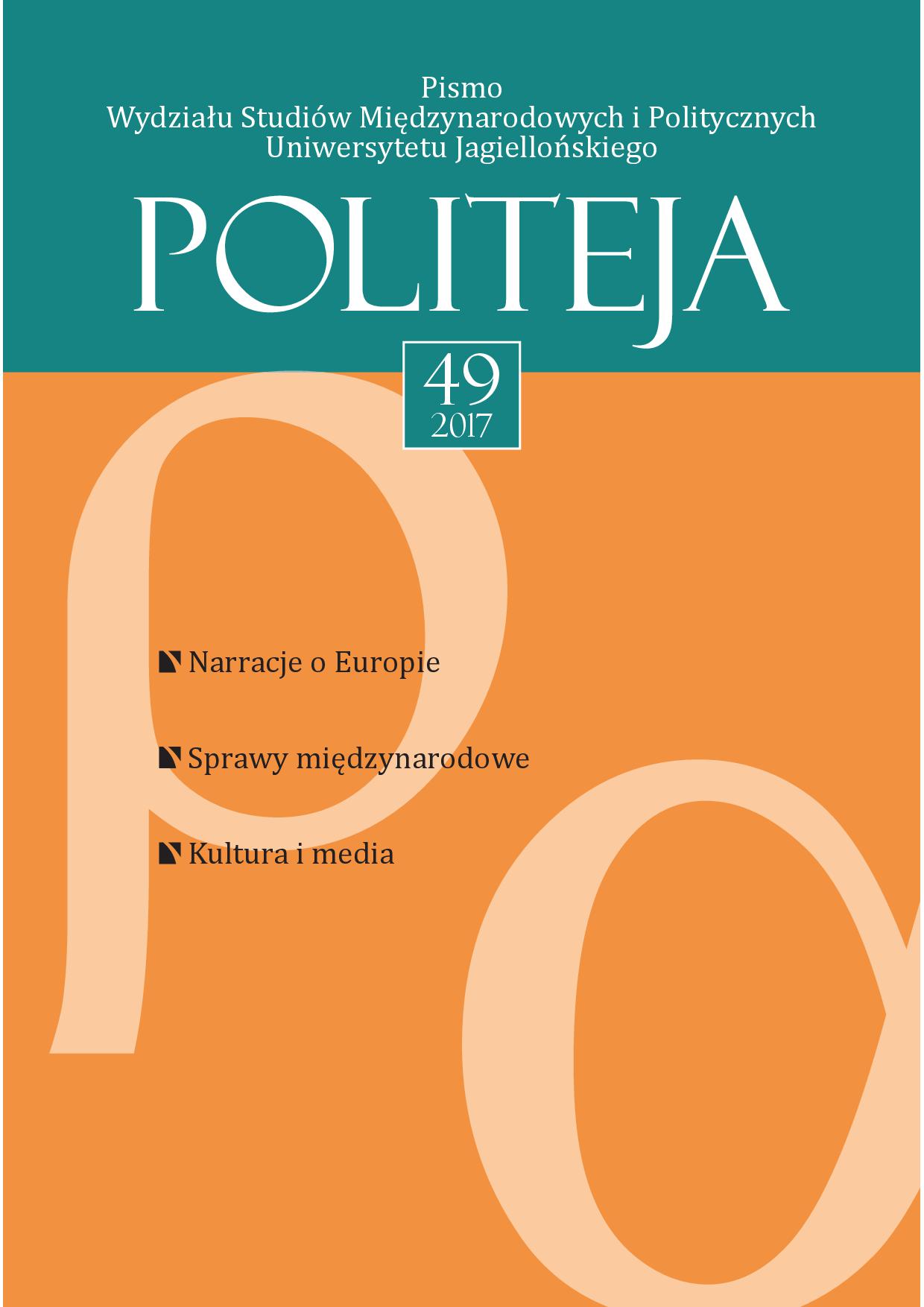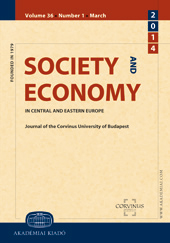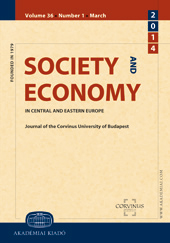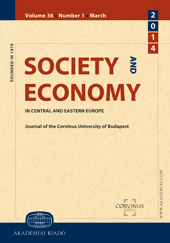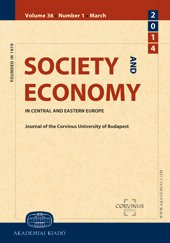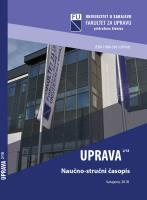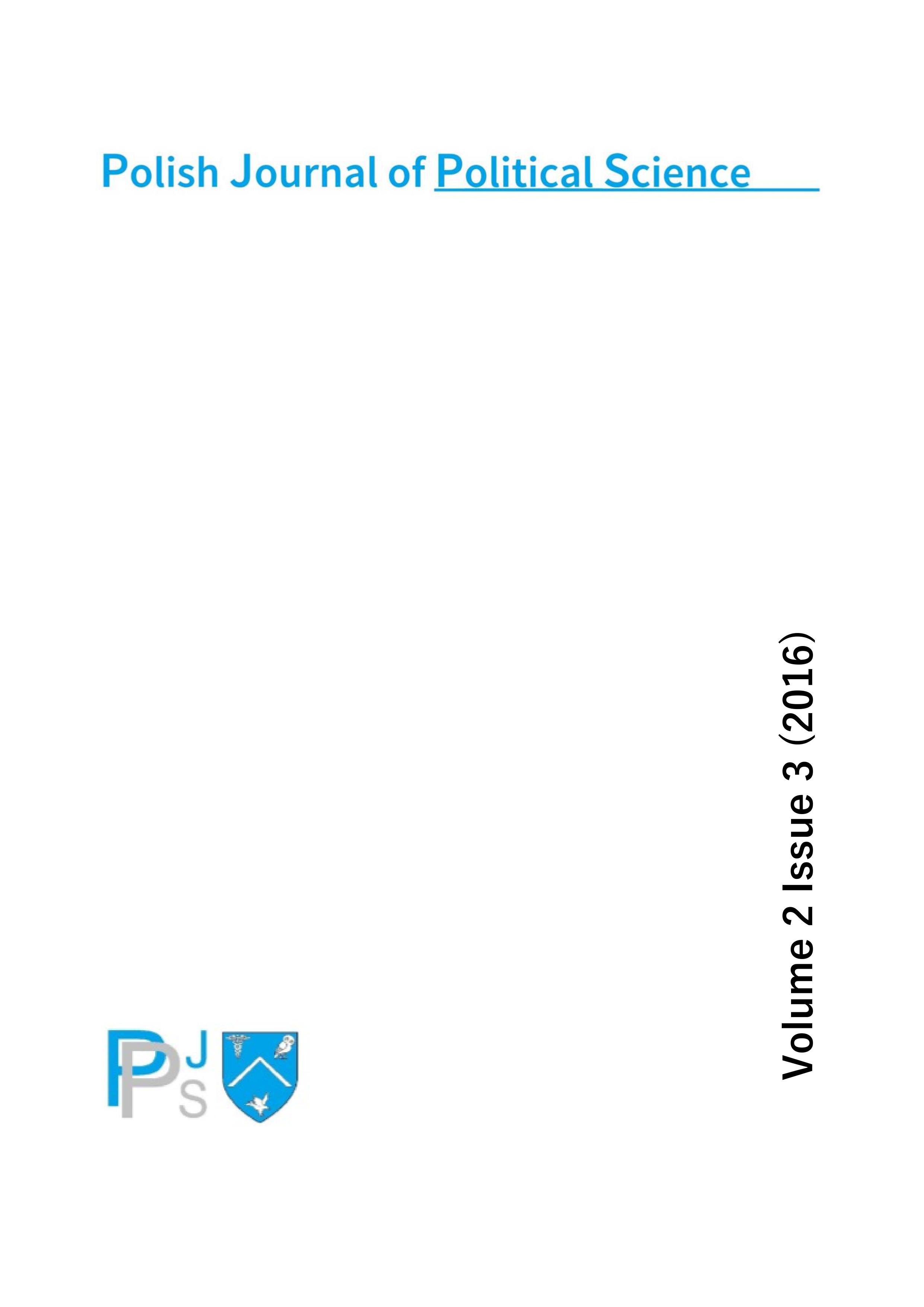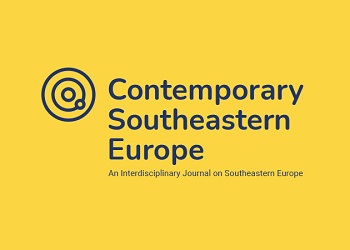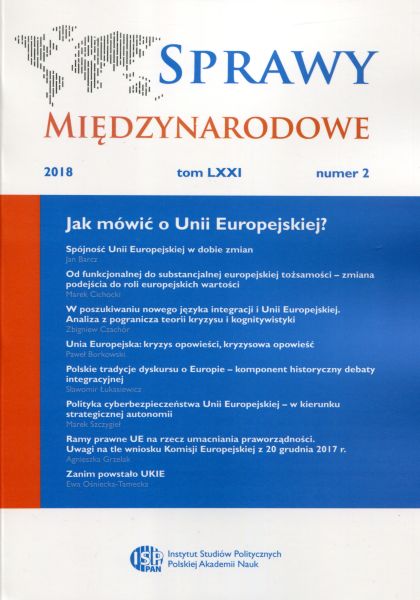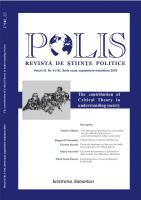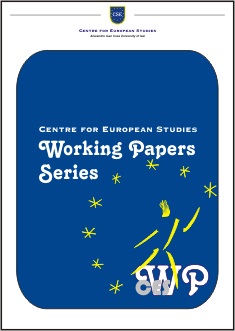A REVIEW OF THE FIRST NINE YEARS OF POLAND’S MEMBERSHIP IN THE EUROPEAN UNION
The aim of European Union membership has topped Poland’s agenda since the 1990s based on both historical and real reasons. The accession to the EU which occurred in May 2004 has had many positive and negative economic, political and social impacts on Poland within the last nine years. The first period of the country’s membership has been shaped by the pressure of the global economic crisis and also includes the important years in which initial experience was gathered. These years will determine the future trajectory of development for the country. Besides general economic, regional, and political impacts, in this article we will try to explain the impacts of EU membership on Poland in terms of its more specific facets such as migration and public opinion of the EU.
More...
